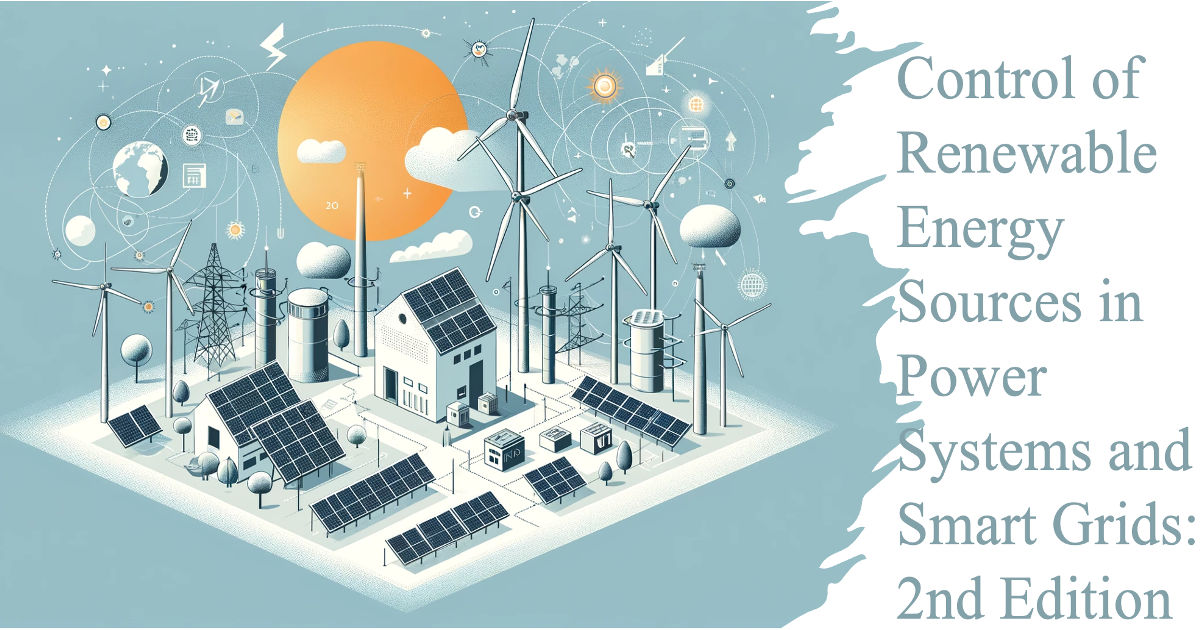Control of Renewable Energy Sources in Power Systems and Smart Grids: 2nd Edition
A special issue of Energies (ISSN 1996-1073). This special issue belongs to the section "A1: Smart Grids and Microgrids".
Deadline for manuscript submissions: 26 August 2024 | Viewed by 669

Special Issue Editor
Interests: model and control of power electronics; renewable energy integration; digitalization grid; power electronics dominated grid
Special Issues, Collections and Topics in MDPI journals
Special Issue Information
Dear Colleagues,
To get the low-carbon energy infrastructure, tremendous renewable energy sources are integrated into the modern power grid while reducing conventional fossil power plants. In this transition, the power electronics-based renewable energy system acts as one of the most important role players, which can convert renewable energies to electrical energy. Due to the recent development of power electronics technology and its control, renewable energy supports more efficient, economical, and reliable power than ever before.
Recently, various loads (e.g., electrical vehicle, data center, and motor) have been connected to the grid based on power electronics. With the high-penetration level of power electronics-based renewable energy in the power grid, more and more issues are to be challenged, such as performance deterioration, efficiency decrease, and power quality reduction, as well as instability phenomena. Herein, this Special Issue focuses on recent advances and challenges in power electronics-based renewable energy sources integrated into the power grid.
Dr. Yonghao Gui
Guest Editor
Manuscript Submission Information
Manuscripts should be submitted online at www.mdpi.com by registering and logging in to this website. Once you are registered, click here to go to the submission form. Manuscripts can be submitted until the deadline. All submissions that pass pre-check are peer-reviewed. Accepted papers will be published continuously in the journal (as soon as accepted) and will be listed together on the special issue website. Research articles, review articles as well as short communications are invited. For planned papers, a title and short abstract (about 100 words) can be sent to the Editorial Office for announcement on this website.
Submitted manuscripts should not have been published previously, nor be under consideration for publication elsewhere (except conference proceedings papers). All manuscripts are thoroughly refereed through a single-blind peer-review process. A guide for authors and other relevant information for submission of manuscripts is available on the Instructions for Authors page. Energies is an international peer-reviewed open access semimonthly journal published by MDPI.
Please visit the Instructions for Authors page before submitting a manuscript. The Article Processing Charge (APC) for publication in this open access journal is 2600 CHF (Swiss Francs). Submitted papers should be well formatted and use good English. Authors may use MDPI's English editing service prior to publication or during author revisions.
Keywords
- model and control of power electronics
- advanced power electronic technologies for renewable energy
- analysis of power electronics in power systems
- power electronics dominated power grid
- renewable energy integration





